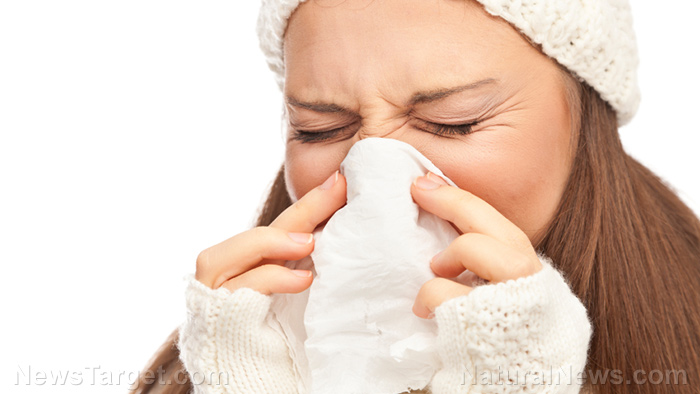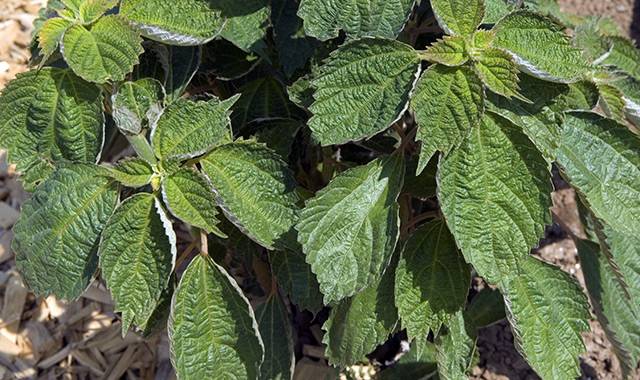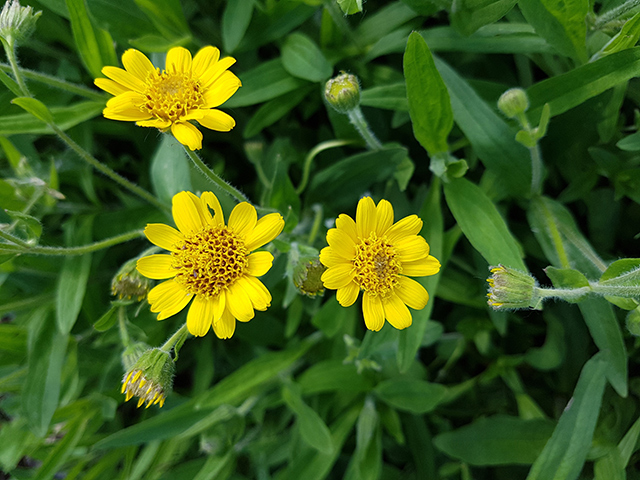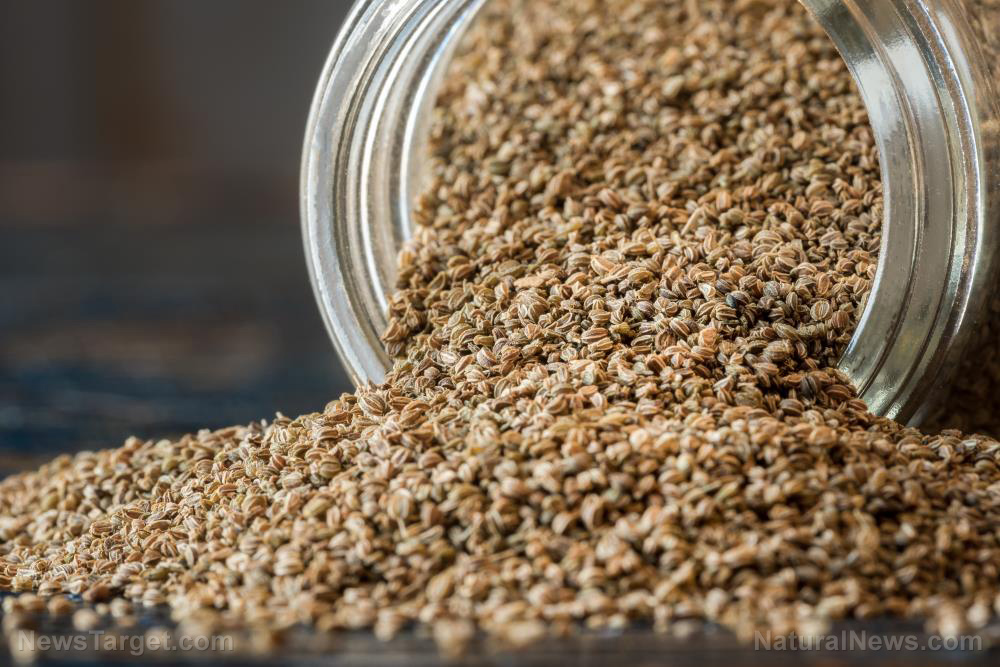Tips for a flu-free winter
11/27/2018 / By Russel Davis

Flu season and winter seem to go hand-in-hand for many parts of the world. While the relationship between cold weather and flu onset remains to be a highly debated topic within the scientific community, an article posted on the BBC website infers that physiology might play a central role in people’s increased susceptibility to the infection during the winter season.
According to the article, the severely cold weather brought about by winter might be wearing down the immune system’s capacity to fend off infections. The entry notes that shorter days during the winter season may be limiting the body’s vitamin D levels, which in turn negatively affects its defenses against pathogens. Likewise, the cold air may prompt the blood vessels in the nose to constrict in order to prevent the body from losing heat. This constriction then inhibits white blood cells from reaching the mucus membranes and eliminating potentially harmful viruses.
In line with this, experts all over the world have continuously urged the public to follow safety protocols during winter season. Included in this article are a few pointers in order to avoid the onset of flu during the colder season.
Natural ways to prevent flu onset during winter
Health experts have come up with different ways to stave off flu infections. Some of these tips include:
- Routine hand washing — Hand washing remains to be among the most popular ways to prevent the onset of flu. “Although most infections are mainly carried in the air and transmitted by the “aerosol” effect when someone sneezes, germs can be transmitted by physical contact and enter the body when infected hands touch vulnerable parts like our eyes, mouths, and noses,” says Dr. Nicola Goddard, a clinical scientist at the Public Health Laboratory Service. According to Dr. Goddard, frequent hand washing may significantly lower the chances of catching the virus.
- Avoiding processed foods — Primary care physician Dr. Deborah Chisholm stressed in a Life Zette article that choosing whole foods over processed foods and sugary items is beneficial to the body’s overall defenses as healthier foods promote immune function.
- Exercising — Engaging in physical activity during the winter season may raise the levels of natural killer (NK) cells, which travel around the body to eliminate pathogens such as bacteria and viruses. “Don’t underestimate the importance of regular activity, especially in winter. Apart from keeping our circulation going, regular moderate exercise increases the number of natural killer cells in our bodies. When you exercise, NK levels go up and stay elevated for about 36 hours afterwards,” Dr. William Bird, medical consultant of the Meteorological Office’s Health Forecast Unit, has told Daily Mail online.
- Getting enough sleep — According to Dr. Chisholm, lack of sleep compromises the immune system’s ability to stave off infections. Getting a good night’s sleep is essential in maintaining a healthy body during the colder months. (Related: The Importance of Sleep and the ABC’s of Catching Z’s.)
- Avoiding central heating — Dr. Bird has stated that people tend to huddle together during colder months, which in turn makes viral transmission easier. Avoiding these physical contacts may well prevent the disease from spreading. “Central heating reduces our defenses and affects the respiratory system by drying out the protective mucous in our nasal passages. The dry, stuffy air of central heating can also lead to sore throats and aggravate chest complaints like asthma,” Dr. Bird explains.
Other tips on flu prevention include:
- Taking vitamin C and D supplements.
- Staying well hydrated during the season.
- Refraining from sharing personal items such as cups, toys, and hand towels.
- Staying up-to-date with weather reports.
- Keeping warm during the colder months.
Sources include:
Tagged Under: disease prevention, expert tips, Flu, infection, influenza, natural cures, natural medicine, natural remedies, winter




















